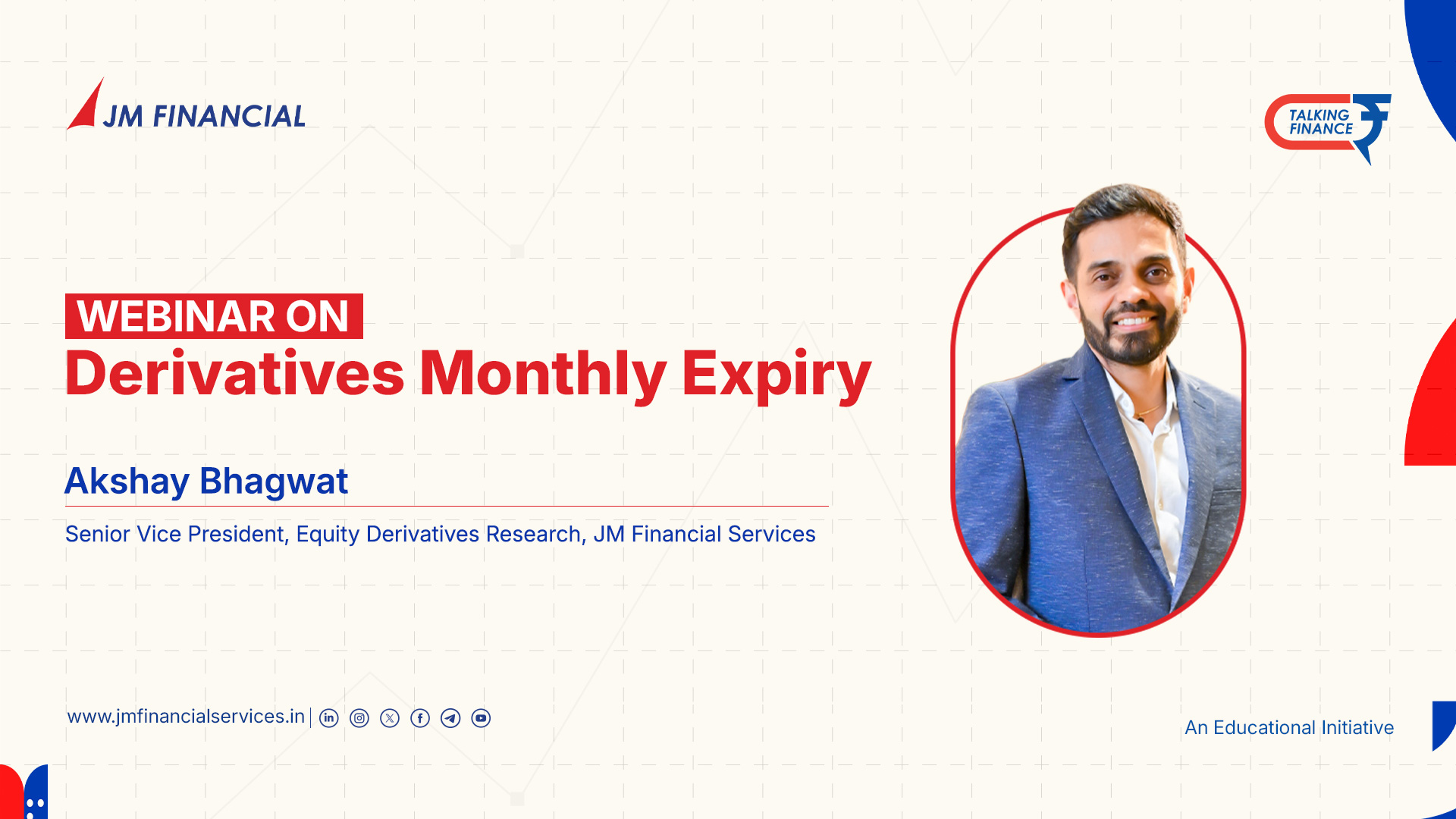India's business activity growth sees modest slowdown in September
A softer expansion in new business intakes accompanied slower increases in private sector output and employment, with international sales also rising at a weaker pace. Prices trends were more benign as cooler input cost inflation allowed for selling charges to be lifted to a lesser degree. Nevertheless, business confidence strengthened at the end of the second fiscal quarter.
At 61.9 in September, the HSBC Flash India Composite Output Index came in below August's multi-year high of 63.2 but still indicated a sharp rate of expansion. The upturn was the second-best in just over two years.
Growth of factory production outpaced that seen for services activity, though rates of increase moderated in each case. The HSBC Flash India Manufacturing PMI slipped to 58.5 in September, from a final reading of 59.3 in August.
The improvement in operating conditions signalled by the PMI was nevertheless robust by historical standards, with the respective index well above both the neutral mark of 50.0 and its long-run average of 54.2.
September data showed another substantial increase in new business placed with Indian private sector companies. International sales trends diverged across the manufacturing and service economies.
Although private sector workforces continued to increase at the end of the second fiscal quarter, the rate of expansion receded from August and was moderate overall.
Cost pressures remained more pronounced in India's service economy. On the other hand, manufacturers reported a quicker increase in selling prices than service providers during September.
Private sector firms' assessments of future output were strongly positive in September, with the overall level of confidence rising to a seven-month high. Some firms also hope to benefit from the GST (goods and services tax) rate cut.
Powered by Capital Market - Live News



